It seems for every forward step in de-stigmatising mental health, there will always, predictably, dispiritingly, be yet another one backward...Interviewed in the Daily Telegraph, Mel Stride, Secretary of State for Work and Pensions, stated, "Mental health culture has gone too far. We are labelling the normal ups and downs of human life as medical conditions which then actually serve to hold people back and drive up the benefit bill. If they go to the doctor and say 'I'm feeling rather down and bluesy' ... on 94% of occasions, they will be signed off as not fit to carry out any work whatsoever." Speculating about the mental health of some of the most vulnerable of the citizens his government are supposed to support should surely be done with compassion and objectivity. Where he gets this figure of 94%, sticking out like a sore thumb amongst his sweeping generalisations, is unclear. What are irrefutable are figures from the UK Parliament website: "An estimated 1 in 6 adults have experienced a common mental disorder like depression or anxiety in the past week." That's around 11 million people. Of course, there will be instances of individuals feigning illness. But benefit fraud, like the £16 billion the HMRC estimates is lost annually to tax evasion and avoidance, is a wholly separate subject. In conflating this with complex medical conditions he has no qualifications to offer such emotive opinions on, Stride has merely become the latest public figure to perpetuate the stigma surrounding mental health. Speaking from personal experience (having been diagnosed bipolar), my mental health suffered its most major dip so far when I was in my 20s. Signed off work for months, my depression led to a complete breakdown and I eventually ended up being taken to an Intensive Psychiatric Care Unit by ambulance. At that time in the late 1980s, mental heath was even more heavily stigmatised. While breakdown implies something instant, like a bone fracture, my mind unravelled over months. Eventually immersed in anxiety and depression, I became so delusional I couldn't even begin to contemplate broaching how awful I felt with anyone, not even closest family, far less my GP. According to the Office of National Statistics, "Suicide rates are highest for people who had never worked or were unemployed, while self-harm remains the biggest cause of death between the ages of 5 and 34." As James O'Brien said in a coruscating response to this Tory Minister on his LBC show: "What's gone too far? Caring? Treating? Diagnosing? Recognising? Describing? Accommodating? I'll tell you the problem with mental health in this country, Mel Stride. It hasn't gone anywhere near far enough. Because the effort that is needed to actually improve people's existences, to look after them, to help them get back into the (daily) existence that would make them feel better, is non-existent. And guess who's job it is to fix that stuff? It's literally your job to create a society in which people suffering from anxiety stop suffering from anxiety. You're trying to create a society in which people suffering from anxiety get told to pull their socks up."
John Murphy, a facilitator with Bipolar Edinburgh, recently made contact. John was kind enough to not only compliment this site, but also order a copy of my memoir, 1976 - Growing Up Bipolar, then invite me to give a talk at Bipolar Edinburgh.About Bipolar Edinburgh Bipolar Edinburgh operate community-based self-help groups that promote mental wellbeing by providing support and information for everyone affected by bipolar, and their carers, aiming to be as inclusive as possible, offering participants the chance to attend most meetings in person and online. Meetings currently take place at the Melting Pot on Calton Road (the former location of The Venue; acts performing in its heyday included Hue and Cry, Deacon Blue, Steve Marriott, Manic Street Preachers, The Stone Roses, and Radiohead, not to mention, in its previous incarnation as The Jailhouse, my own band, Little Big Dig!) Everyone affected by bipolar is welcome, including carers, family, and friends, in a safe confidential space where peer support can be accessed, and new ways of managing bipolar, including sharing personal experiences, learned. Guest speakers are welcomed on the first Thursday of every month, with attendees being given the chance to join in with the group at the Melting Pot or via Zoom. The speakers cover topics relating to bipolar, their talks being followed by a chat over tea and coffee. The meetings finish at 8:45pm, although participants can stay on Zoom for a chat after the speaker has finished. Inside, I had time to grab a coffee with John and Michelle from the group's leadership team, as well as some kent faces from The Changing Room at Easter Road, an outreach programme run by Scottish Action for Mental Health (SAMH), under the umbrella of Hibs Community Foundation (HCF), as well as senior clubs across Scotland. My own bipolar journey After reiterating the ethos behind Bipolar Edinburgh, a self-help group for anyone living with bipolar, run by volunteers with lived experience, John welcomed me to the floor. I began by mentioning some of the previous outlets where I'd shared my story, from community groups to prisons, as well as schools. Through the Scottish Book Trust, I've received requests to run creative writing workshops using mental health as a theme, as well as generic writing classes (for instance, I was appointed Writer in Residence at Kirkcaldy High School in 2018, mentoring a bunch of highly imaginative 13-year-old Fifers!) I spoke about my initial diagnosis with a 'schizophrenic episode' in 1987 following a spell of severe depression, resulting in my being sectioned and spending time in the Royal Edinburgh Hospital's Intensive Psychiatric Care Unit. Three years later, I succumbed to mania, and was hospitalised again. Describing these lows and highs, I referred to the medication I was placed on, from chlorpromazine ('the chemical straitjacket') to long-term lithium, and talked about my decision to ask my psychiatrist about being weaned off the latter after 30 years. Denial I discussed writing about bipolar. After my peak psychotic spells during my 20s, I was reluctant to broach what was still a heavily stigmatised topic. My default position was to either pretend my reasons for spending time in a locked ward in the Royal Edinburgh Hospital were for a period of 'rehab' (which sounded less loaded than admitting to a mental breakdown) or simply to sweep my medical history under the carpet. BrainBomb and 1976 - Growing Up Bipolar After modest success at writing contemporary Scottish fiction, I was persuaded to use my lived experience of mental ill health as a source for some vivid memoir writing. Out of that, my novel, BrainBomb arose. This was a disjointed effort, written as fiction, with fantasy sequences making up for the many memories of that period which were fuzzy (due to recreational or prescribed drugs, or as my bipolar dips persisted, increasingly bizarre delusions). Requesting a copy of my psychiatric case file from the Scottish NHS gave insight into those years of treatment as an inpatient and outpatient, from doctor appointments to suggested medical interventions (medication or possibly even electro-convulsive therapy) to exhaustive accounts of my erratic behaviour during my hospital admission for mania. I explained how this knowledge allowed me to rewrite my story as a memoir, 1976 - Growing Up Bipolar.
I stated my mental health hadn't been impaired by coming off medication, although I remained conscious about my potential to regress. Instead of taking pills, I explained my priorities were now creativity (especially writing articles about bipolar, writing about the mental health experiences of friends, writing fiction set in Edinburgh, and writing songs), listening to music - a lot of music! - exercise, a healthy diet, going back to Easter Road now and again (before life got in the way, I was fanatical as a youngster), and sharing my bipolar journey with others who'd travelled similar routes and could empathise. I concluded this aspect of my talk - recovery and ongoing wellbeing - by highlighting the commendable and sometimes, literally, lifesaving outreach programme, The Changing Room, and its offshoot, the monthly drop-in run by HCF volunteers, Supporting Our Supporters. Q and A After talking about the cathartic effect of writing about bipolar, John directed questions from the floor. I was asked how I'd felt after coming off medication. Although I admitted this had worked for me, John commented bipolar is unique to individuals; it's down to each person, and some may be reliant on meds for achieving stability. Someone asked about how to channel writing, especially when bipolar surges prompt an outpouring of creativity. My answer was a major part of the writing process, regardless of the medical situation, was editing, likening writers to sculptors chipping away and honing early drafts. John suggested blogging was tailor-made for relating bipolar experiences, as it provided the incentive to produce ongoing updates on anyone's state-of-mind. This focus could help contextualise feelings, positive or negative, as well as giving the opportunity to recognise the onset of bipolar episodes and help manage them. On my part, blogging about mental health was crucial to my ongoing wellbeing, while a 'second edition' of 1976 - Growing Up Bipolar, revamped with additional material about SAMH and The Changing Room, is due for publication later in 2024. What's on for March John previewed more events planned for March. These include a 'Cuppa and Chat' in Coffee Saints on Little King Street, where all are invited for a hot drink and a chat in a fully accessible social enterprise cafe near St James Quarter (pop Wednesday 17 March, 2-3.30pm in your diary), and the regular quiz night. See the full programme of Bipolar Edinburgh events. He further clarified the group would eventually be moving premises to the conference centre in St Mary Street. From Young Fathers' inspirational, messianic hip-hop, to alt rock bands kindled in the early 90s but still on fire - Blur, Teenage Fanclub, and Slowdive - 2023 was another golden year for fabulous new music.
Flashback to the early 80s. The Scars and Boots for Dancing are sharing bills with U2, Siouxsie and the Banshees, Killing Joke, and The Fall. Both bands have reformed, and were joined by Scorpio Leisure and Port Sulphur for a festive feast of post-punk for the 2020s ...The ScarsAnyone who listened to John Peel in the late 1970s, bought records at Bruce's in Rose Street, and attended gigs at Clouds, will be familiar with The Scars (they recorded two Peel sessions, in February 1980 and May 1981). Their iconic debut 45", 'Adult/ery,' was released on Fast Product, the innovative label launched by Bob Last in the capital, and featuring bands as diverse as The Mekons, Joy Division, and The Human League. Memorably described as "Scotland's Anarchy in the UK" in Douglas MacIntyre and Grant McPhee's celebration of Scotland's post-punk scene, Hungry Beat: The Scottish Independent Pop Underground Movement (1977–1984), 'Adult/ery' prompted catchy follow-ups, and an album, Author! Author! After splitting, ever-creative guitarist, Paul Research explored a diverse range of projects, including playing guitar in glam/punk outfit, Voicex, swapping guitars for classical violin and piano scoresheets with Scottish Simphonia, and contributing violin and keys to my own band, Desperation AM. More recently, he found time to write and record a solo album, Skate the Royal Mile and EP, The Silent Treatment, both available from Bandcamp (the former was my album of the year in 2021!) Although a Scars reunion gig took place in December 2010 featuring the original line-up with Robert King on vocals, that proved to be a one-off. Fast-forward to May 2023, Paul and his brother, bassist, John Mackie, were invited to play at the launch party for Douglas MacIntyre and Grant McPhee's book, where they were joined by charismatic actor/spoken word performer, Tam Dean Burn, on vocal duties. Although his delivery was noticeably dissimilar to King's style, there was an undeniable chemistry with the original Scars. A second gig took place at the Voodoo Rooms - and photos can be seen on the blog Manic Pop Thrills. After the success of these ventures, The Scars were booked to headline a pre-Christmas jaunt at La Belle Angele in Edinburgh's historic Cowgate. Boots for DancingBoots for Dancing have been treating audiences to their frenetic blend of funk and pop since the original post-punk era (I first saw them supporting Killing Joke in 1980). With engaging frontman, Dave Carson, and a succession of guitarists channelling Gang of Four and the Pop Group, BFD's family tree is tangled, with former members including Jo Callis (The Rezillos, Shake), Simon Templar (The Flowers, The Rezillos, Shake), and Ronnie Torrance (Josef K). Like The Scars, they were invited to record sessions for John Peel's show; in December 1980, July 1981, and March 1982. Upon reforming in 2015, they released an album of out-takes and versions of their earlier music, entitled The Undisco Kidds. Scorpio LeisureScorpio Leisure are named after a former sauna familiar to thousands (it overlooked one of the main routes for fans trekking to and from Hibernian FC's stadium). Scorpio Leisure are something of a 'supergroup' in that their members are well-known for their musical DNA: Tam Dean Burn's brother, drummer, Russell (formerly of Dirty Reds, Fire Engines, Win, and Boots for Dancing), bassist, Coco Whitson (Gin Goblins), guitarists Ricky Maymie (of US psychedelic rockers, Brian Jonestown Massacre) and Mungo Carswell, and vocalist, Hettie Noir. Their debut album is due to drop on the Last Night In Glasgow label in 2024. Port SulphurPort Sulphur feature Douglas MacIntyre (instigator of the record label, Creeping Bent and co-author of the aforementioned book). The collective's debut album on Creeping Bent, Paranoic Critical, included a star-studded post-punk collaboration list: Davy Henderson (Dirty Reds, Fire Engines, Win, Nectarine No 9, the Sexual Objects), Alan Vega (Suicide), Gareth Sager (The Pop Group), James Kirk (Orange Juice), and Vic Godard (Subway Sect). Along with The Slits, Buzzcocks, and The Jam, Godard's band supported The Clash on their White Riot tour in May 1977 at Edinburgh's Playhouse, the gig widely credited as igniting the fuse for Scotland's punk scene. Port Sulphur's 2nd album, Speed Of Life was more of an experimental soundtrack (see my Albums of the Year 2022). The gig ...Led by Douglas MacIntyre on guitar, Port Sulphur kicked off the proceedings with their dynamic garage rock, twin backing vocalists adding cool dashes of harmony. The changeovers were commendably streamlined; no sooner had Port Sulphur removed their shades to seek out post-set refreshments than Scorpio Leisure assumed position, their catchy grooves energised by enigmatic singer, Hettie Noir. Ricky Maymie's pedal-driven guitar effects demonstrated he has lost none of his enthusiasm for playing live, despite some members of his parent band, Brian Jonestown Massacre, getting into an ugly on-stage fracas at Melbourne's Forum Theatre last month! Scorpio Leisure delivered another tight set, giving the crowd tasters of their imminent album. Next up were Boots for Dancing, ringleader, Dave Carson giving a customary rousing performance. Waxing lyrical about seeing Subway Sect and The Slits supporting The Clash at that catalytic Playhouse gig, his band have always mined a rich seam of funky rhythms, taking this scribe back to the legendary Hooch and Manifesto clubs integral to the capital's alternative scene in the 1980s. The Scars took to the stage shortly after 9 pm, tearing into a set blending reworked glories from their extensive back catalogue with new material. Steve Harley's 'Psychomodo,' previously the B-side of their 3rd single, 'Love Song' and a live staple from their first incarnation, segued into new song, 'Zero Sum Game.' Then Tam's growling delivery transformed another 'old favourite,' their cover of Mick Ronson's 'Billy Porter,' before another brash newbie, 'Meet the Swingers.' (Both the new songs are available to purchase on The Scars Bandcamp page.) Driven, as ever, by Paul Research's mesmerising fretwork, aided and abetted by their powerful rhythm section, Tam's confident stage presence was the final piece of a jigsaw which bodes well for The Scars as on ongoing project ... Gig photos ...Live footage ...The Scars, featuring Tam Dean Burn, performing the band's debut single, Adult/ery Port Sulphur performing Tomahawk Kid Scorpio Leisure performing Driving Couldn't find footage of Boots for Dancing from the gig; here's audio of their version of LCD Soundsystem's 'Losing my Edge' from the Voodoo Rooms in 2017 (with Dave namechecking one of my former bands, The Axidents!) My first band, 4 Minute Warning were formed in 1980, after punk's initial wave had evolved into more innovative, and enduring, post-punk. 42 years ago today we supported First Priority at The Astoria.In early 1980s Edinburgh there was still a retrograde scene scornful of 'post' or any other prefix being associated with punk rock; a fast, aggressive, vitriolic sound that Sounds journalist, Gary Bushell was now proudly labelling, 'Oi' music, a clarion call for youths sporting mohicans or skinheads. But just as 'Oi-oriented punk' became increasingly insular and rooted in the past, resolutely refusing to do anything as remotely arty as 'progressing' or 'experimenting,' post-punk was soaring into new dimensions. John Lydon hadn't been Rotten for a couple of years, and his post-Sex Pistols band, Public Image Limited, were exploring soundscapes light years beyond three-minute rock 'n' roll anthems. (My blog from 2017 waxed lyrical about watching their first appearance on national TV in February 1980). Along with the likes of Wire, Magazine, Joy Division, Siouxsie and the Banshees, The Pop Group, The Slits, Gang of Four, and many other captivating bands who could trace their origins to the musical maelstrom of 1976/1977, alternative music was spiralling off into myriad intriguing directions. 4 Minute Warning had performed our debut gig at The Astoria in February 1981, when we'd been Killing Joke-fixated teenagers. We returned to this venue on November 25th that year, supporting First Priority in a benefit gig for muscular dystrophy. David Bell, Edinburgh promoter, 1948-2022 This gig was arranged by First Priority's manager, Dave Bell, who sadly passed away in May 2022 after a battle with cancer. A longtime champion of live music in the capital, Dave began his lengthy career as a promoter of local talent in 1978, running a club at the Annandale Street bus depot under the banner ‘Super Bop at the Depot.’ Attracting hundreds of revellers, this venture’s success encouraged him to launch Midas Promotions with business partner, Les Wilson. Searching for a permanent location, they scouted the derelict Regent cinema at Abbeymount (where Dave remembered first falling in love with music after his father took him there, aged 8, to see Elvis in Jailhouse Rock). Midas Promotions took out a 20-year lease on the building, offering rehearsal rooms to local bands, and starting a club, The Moon, in what had been the main theatre. Dave enlisted the help of former Bay City Roller, Alan Longmuir to help restore the plumbing! Midas Promotions also ran gigs at Eric Brown’s in Dalry Road, including the earliest performances by cult Dundee band, The Associates. Dave went on to manage or promote numerous bands, including Scars, Bhundu Boys, The Thompson Twins, Another Pretty Face, The Last Detail, The Cadets, Thick Pink Ink, Blues in Trouble, Rossetta Stone, The Mafia, Razor, Tam White and the Dexters, Rootsie Tootsie Band, John Otway, Angelic Upstarts, The Two Canoes, The Flowers, Twisted Nerve, Blues Conspiracy, Cadiz, Q Street, The Valves, Strutz and The Metrognomes. Along with many of these bands, 4 Minute Warning rehearsed in the dingy basement rooms of the former Regent Cinema on Abbeymount (now student accommodation), a few hundred yards from The Astoria. Other groups who have utilised these practice spaces include Napalm Stars, Random Factor, Sceptix, Visitors, Wild Indians, and Gallery Macabre (who became Fini Tribe). The Astoria and Regent Buffet One good thing about practicing so close to The Astoria was not having to hire a van when we played there - we just humped our gear up the steps from Abbeyhill, up the slope to the venue, then downstairs to the stage. After most band practices, we'd adjourn to the pub on the corner of Abbeymount, then called The Regent Buffet. A slightly less abrasive version of the Mos Eisley bar in Star Wars, youths from every 1980s sub-culture would drink in separate clusters: punks, post-punks, mods, bikers, skinheads, rude boys, New Romantics, and soulboys. It was the pub's manageress that approached Dave about organising the fundraiser. First Priority had a following, so a decent amount was raised for muscular dystrophy research. And it certainly spurred all of us to keep on making music. I recall Dave popping into our practice room to make arrangements, and also offering to add us to the growing roster of bands he managed. One of his first suggestions was changing our name to something less overtly political. The Pandas. As it happened, we'd been contemplating a change in direction in any case, veering away from Killing Joke-influenced apocalyptic post-punk to surf the latest wave hitting alternative music: New Romanticism. Although we dug our heels in about becoming Pandas, and insisted we were billed as 4 Minute Warning for The Astoria show, we were already making plans to ditch DMs and creepers in favour of pointy suede boots! In a telling fanzine interview we undertook with our mates in Insane Society (who became Napalm Stars), we listed our musical influences as Bauhaus and Duran Duran. We were on the verge of renaming ourselves after one of our newest songs, a danceable slice of pop/funk somewhere between Boots for Dancing and Haircut 100, entitled 'Radiate Away.' Radiate Away lasted for one demo tape, before we settled on Desperation AM, a nod to our latest musical heroes, Gang of Four. First Priority, who'd opened for The Clash when they played the Glasgow Apollo in January 1980, eventually became The Crows. Their guitarist, Donald MacLeod, remains passionate about the promotion of music, opening The Cathouse in Glasgow, as well as The Garage. Iconic bands he has promoted over the years include Oasis, Guns N’ Roses, Pearl Jam and Queens Of The Stone Age. I remember that Astoria gig on a bleak Wednesday night in late November not being too well attended. But First Priority had a following, so hopefully a decent amount was raised for muscular dystrophy research. And it certainly spurred all of us to keep on making music. Back then, 4 Minute Warning's bassist, Ross, worked in a paper merchant's warehouse, which meant having access to a machine that printed off stickers. In the late 1970s and early 1980s these festooned LRT buses, bus stops, Gorgie chippies, and sundry locations across the city. My memoir, 1976 - Growing Up Bipolar, also touches on my own small part in Edinburgh's post-punk scene, and that gig 42 years ago! P.S. Regarding Dave extolling Alan Longmuir's plumbing expertise. The former teen idol may have fixed the piping in the main building. But down in the Regent's basement where we practiced, all the bands used the old boiler room as a communal toilet!
|
|
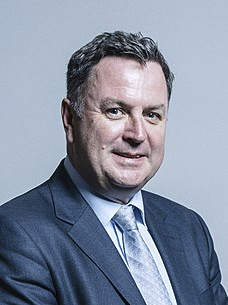
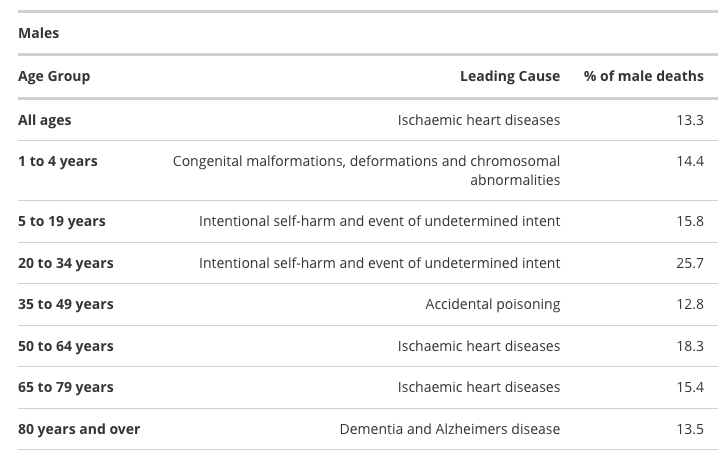
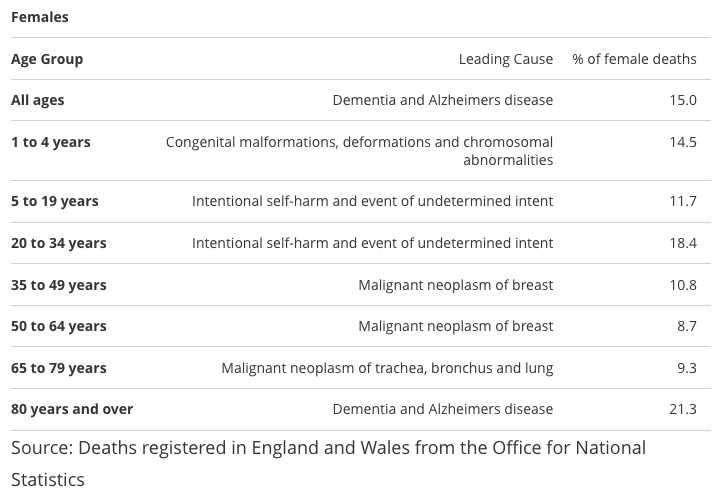

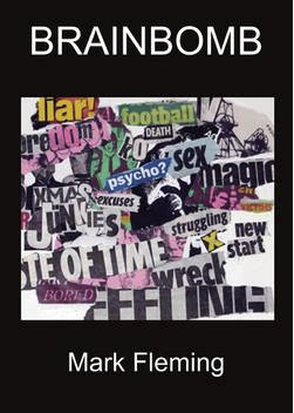
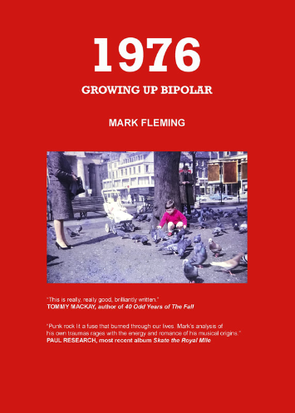
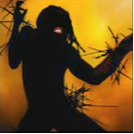

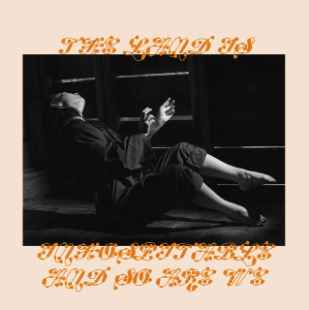
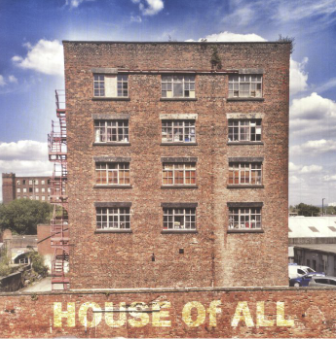

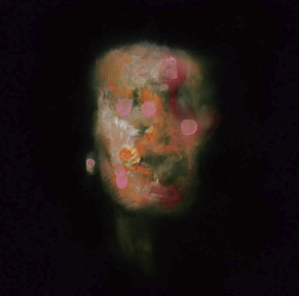
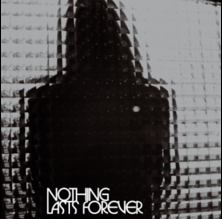
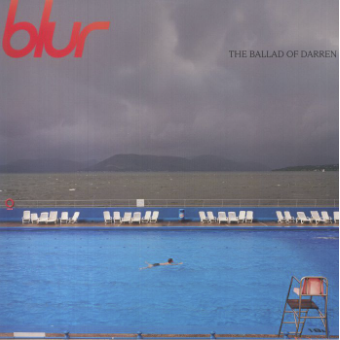
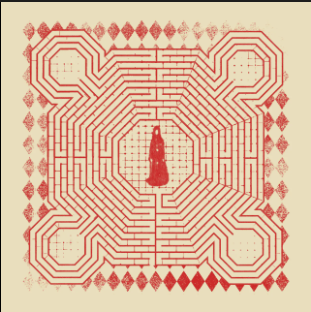
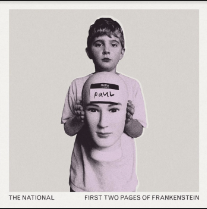
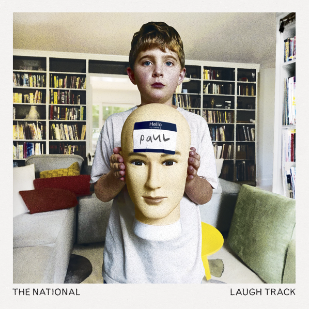
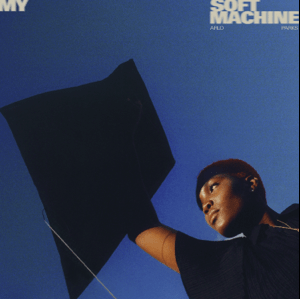
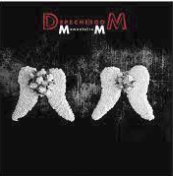
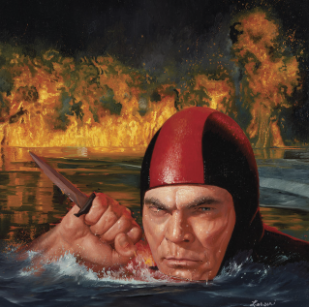
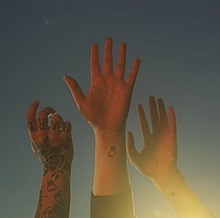
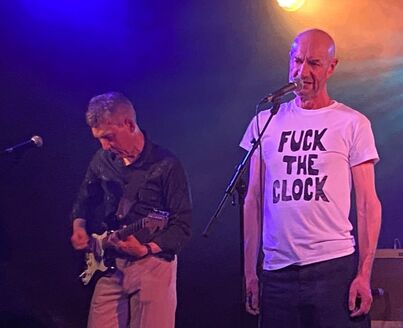
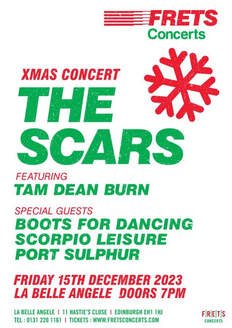
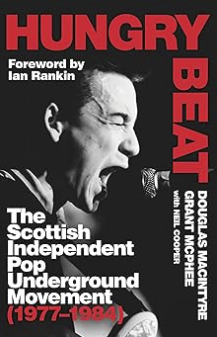
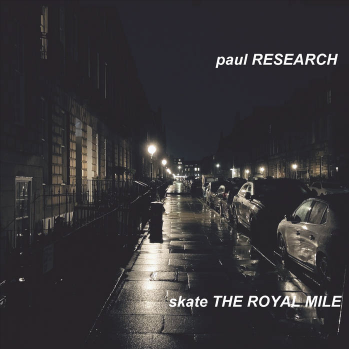
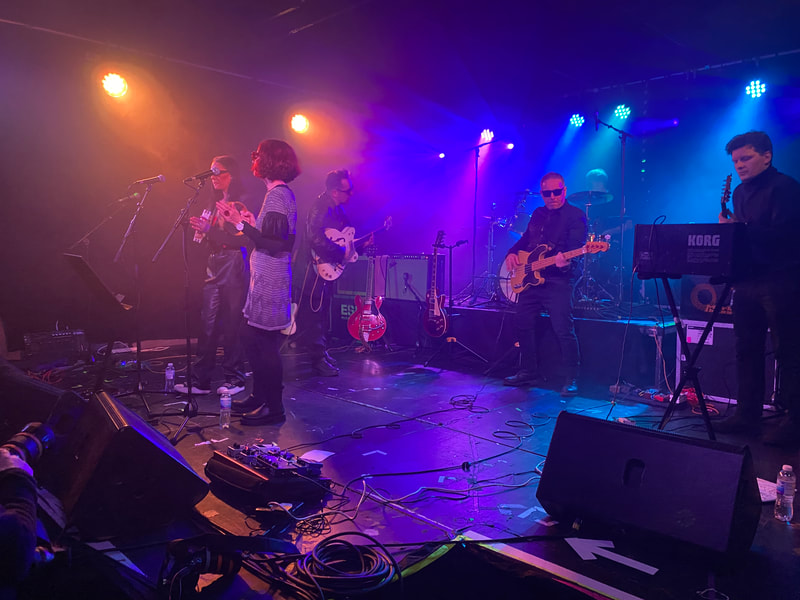
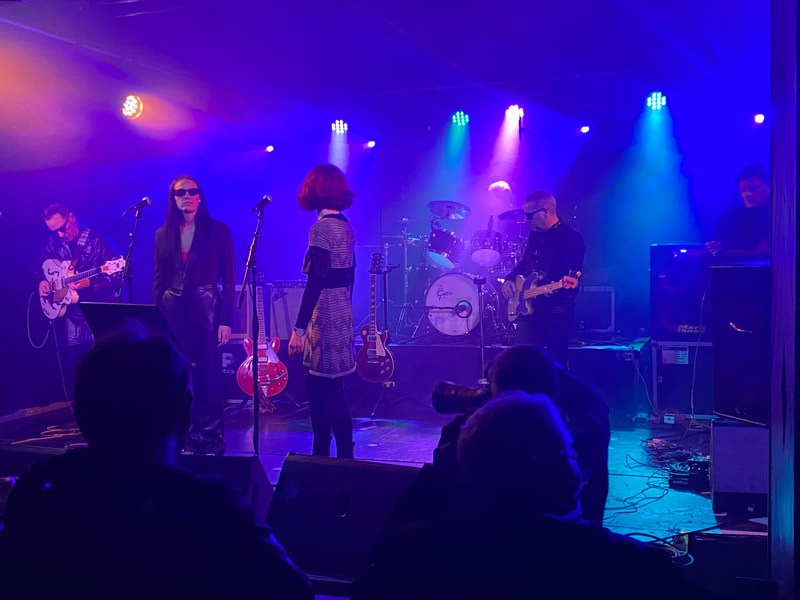
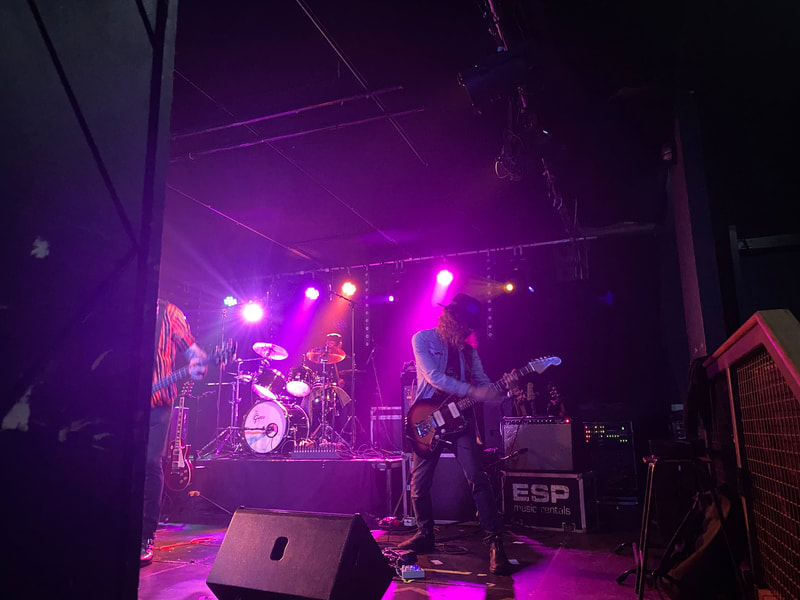
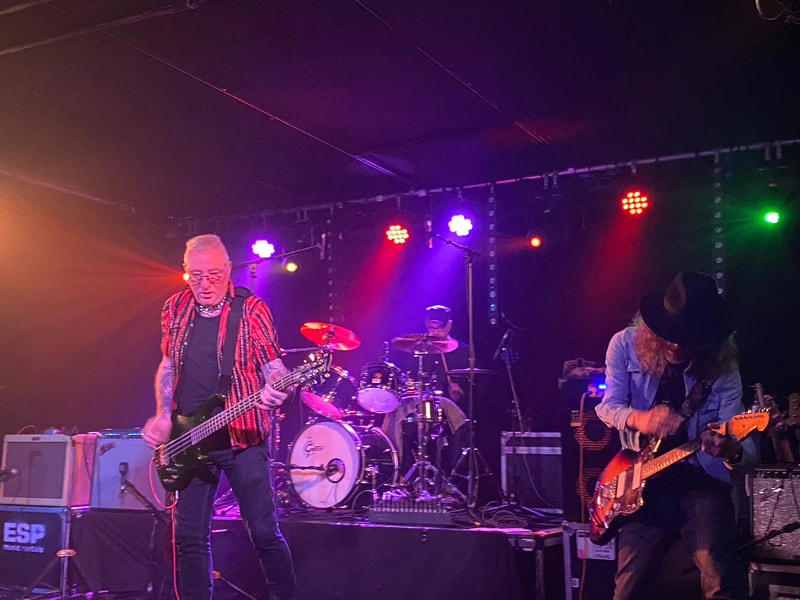


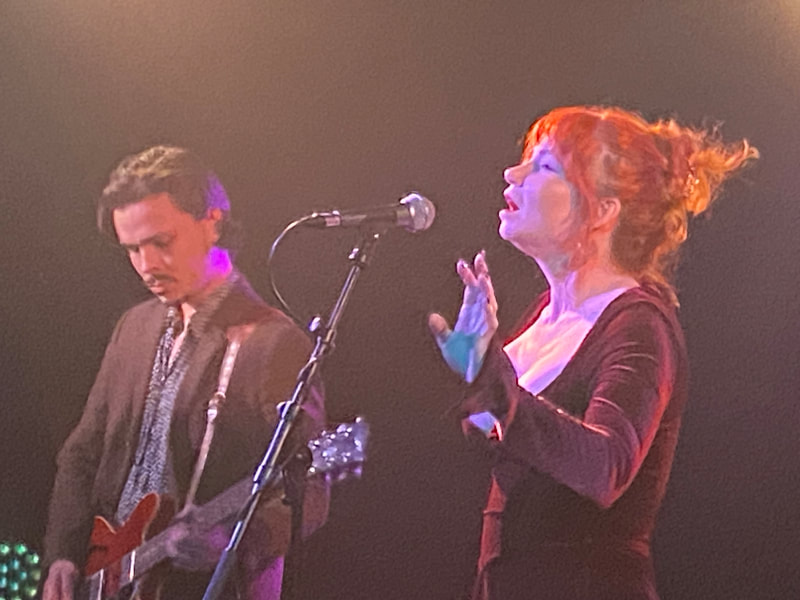
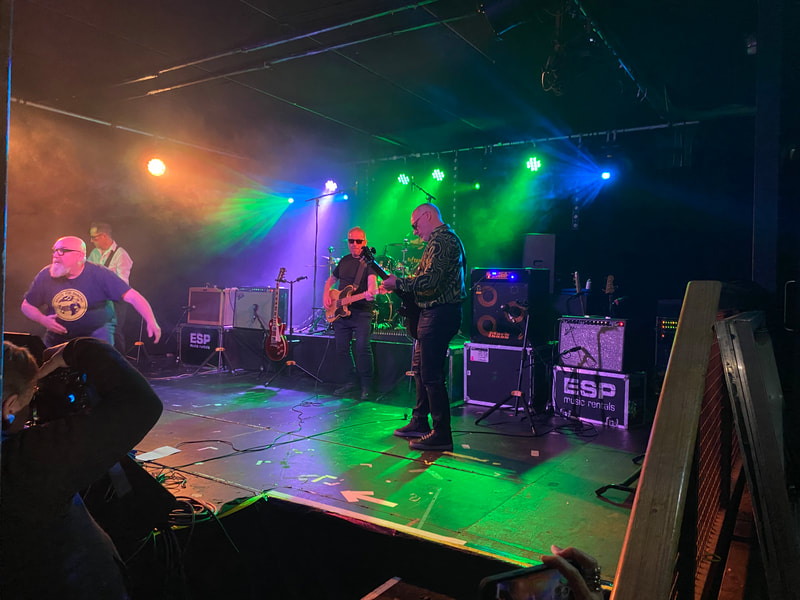
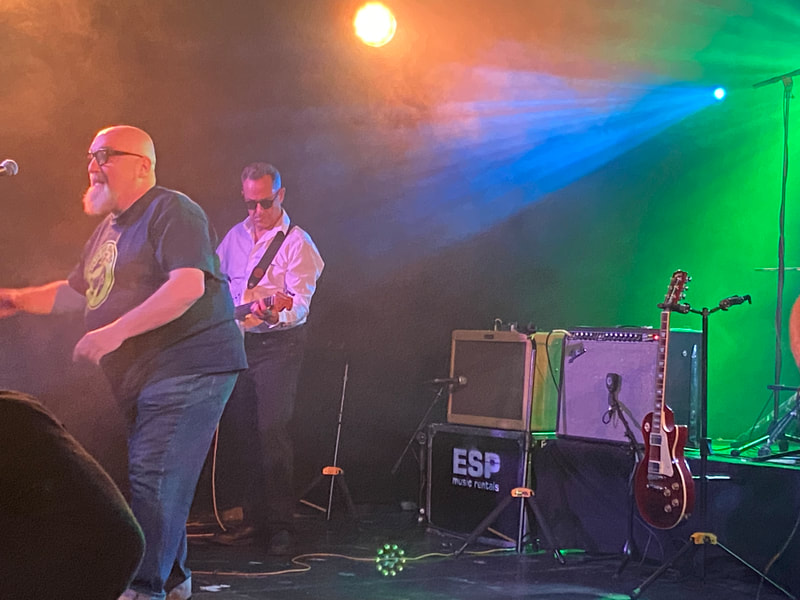

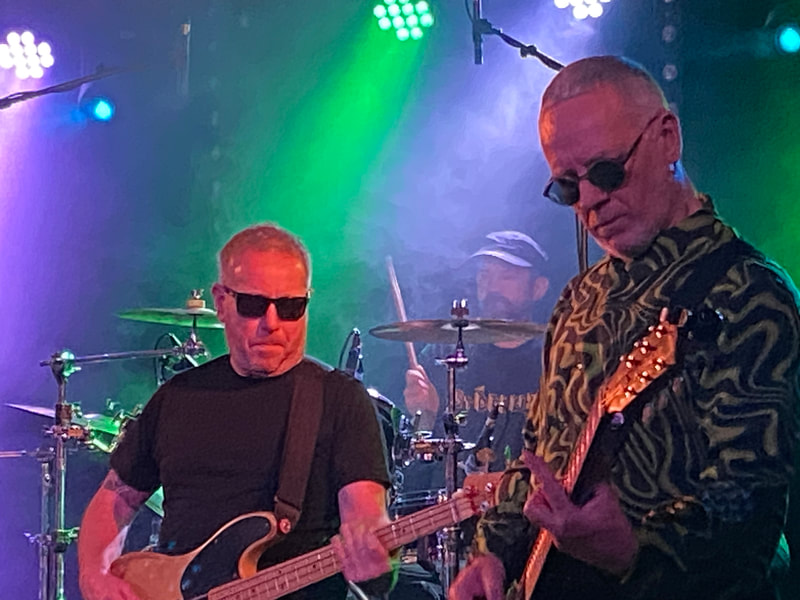
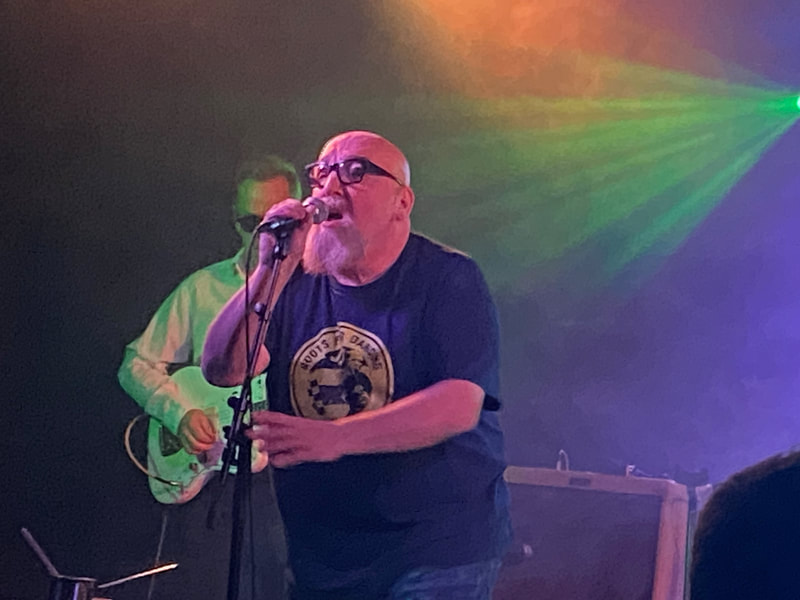
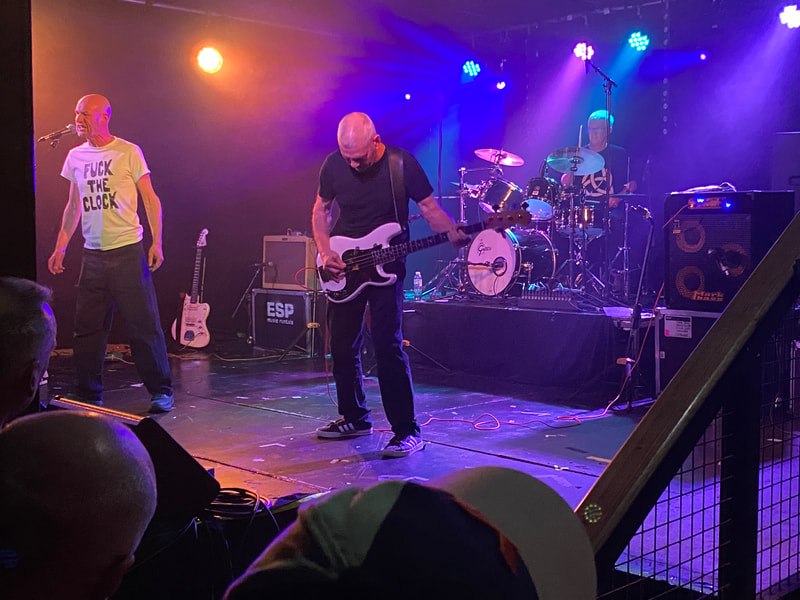
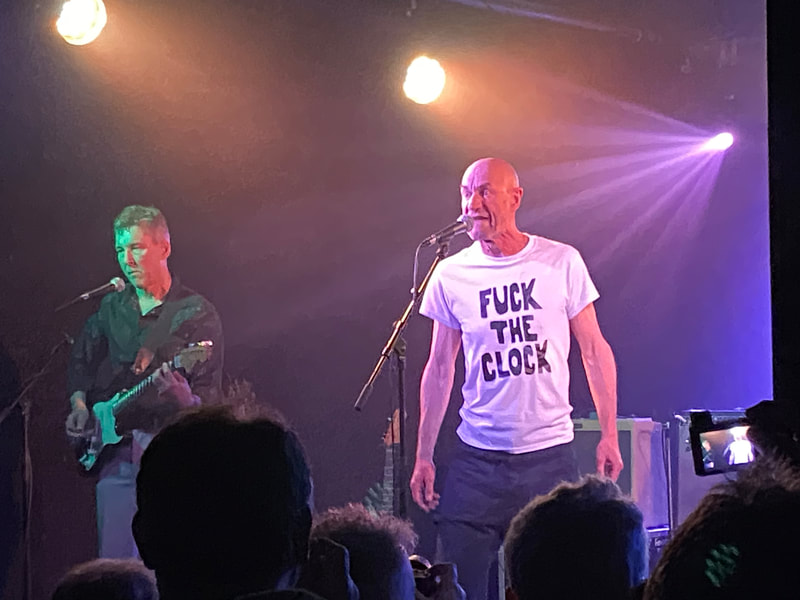
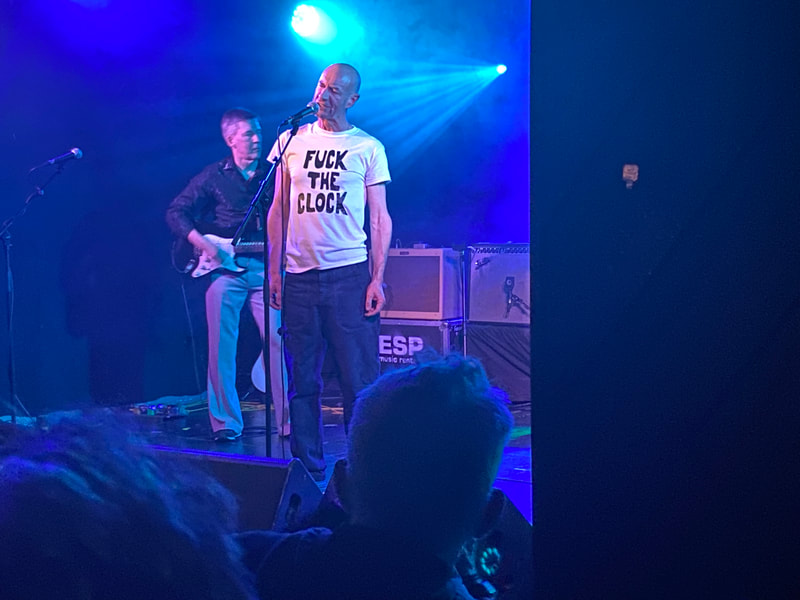
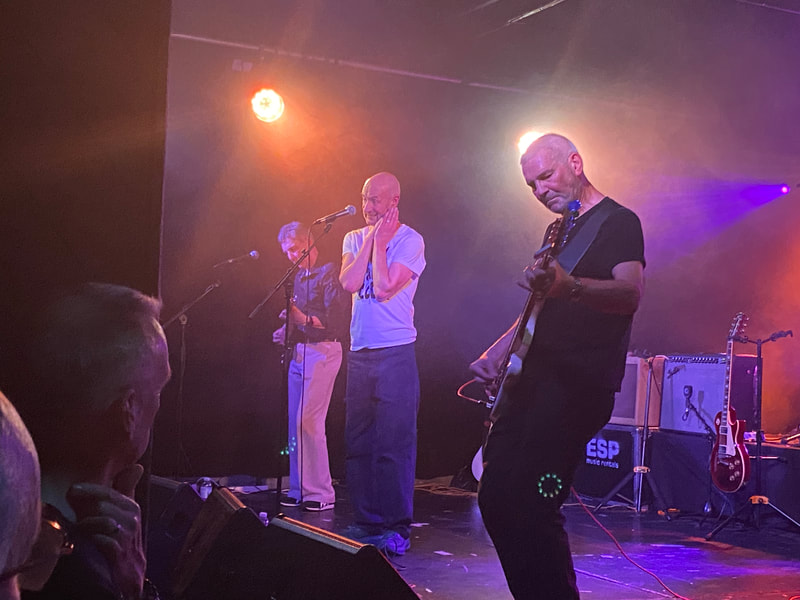
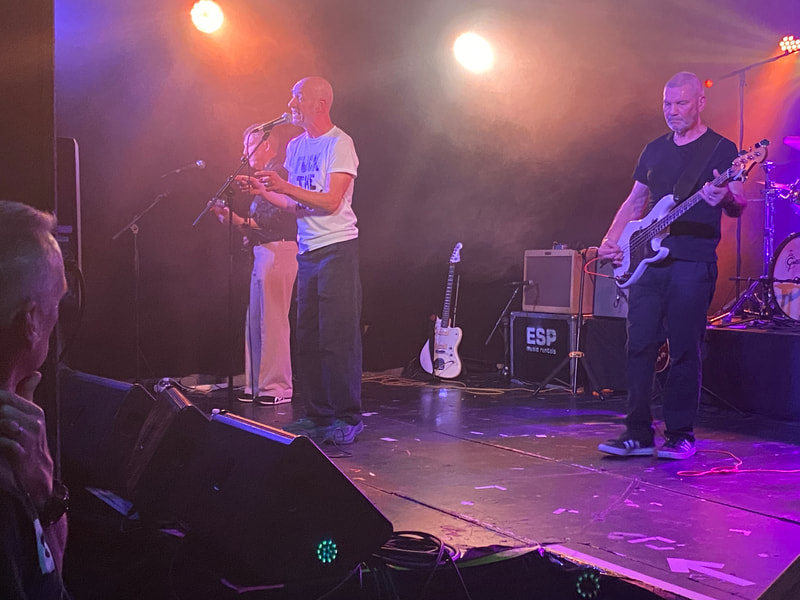
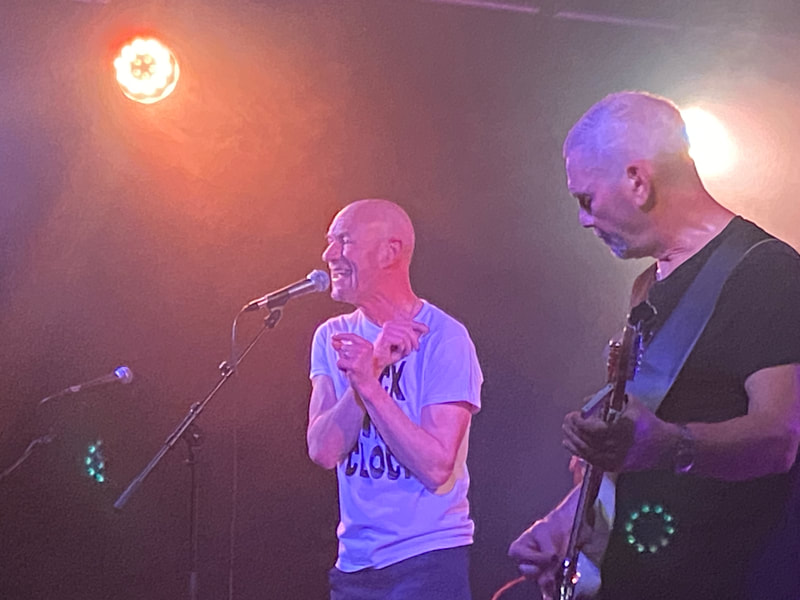
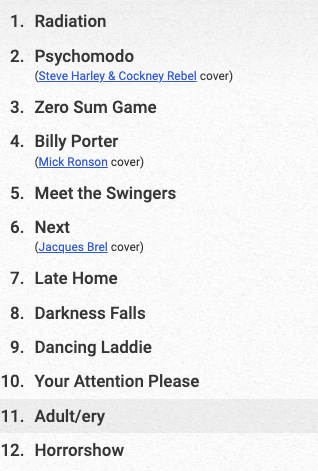
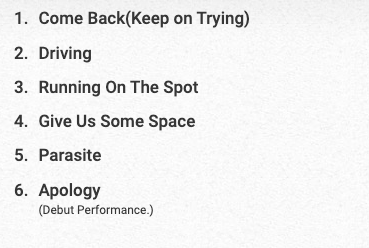
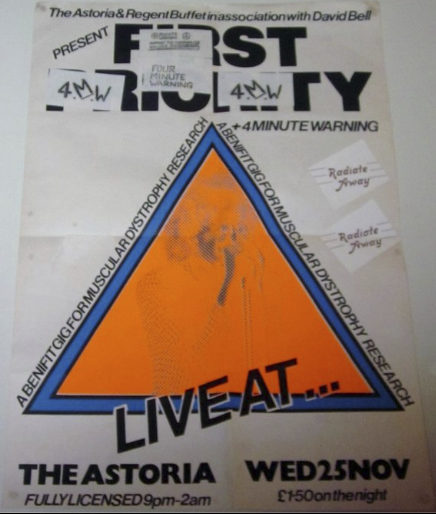
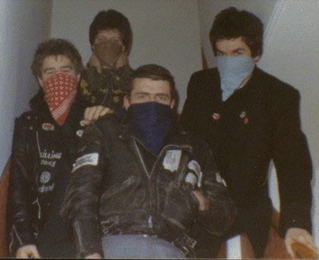
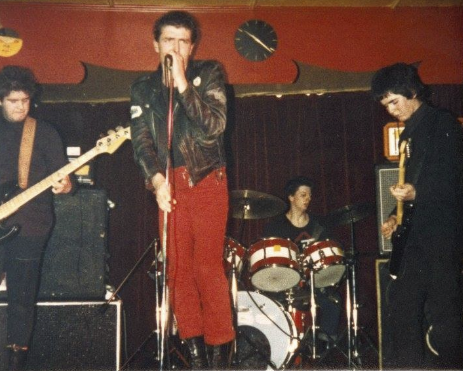
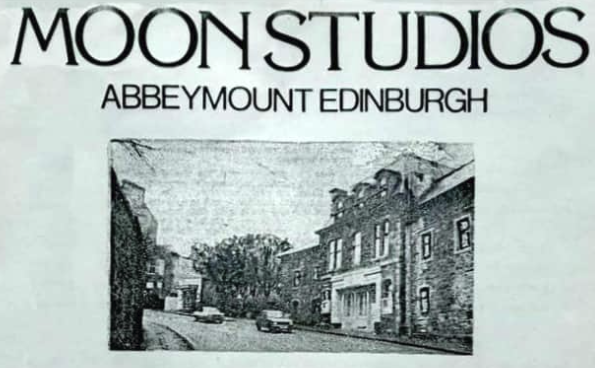
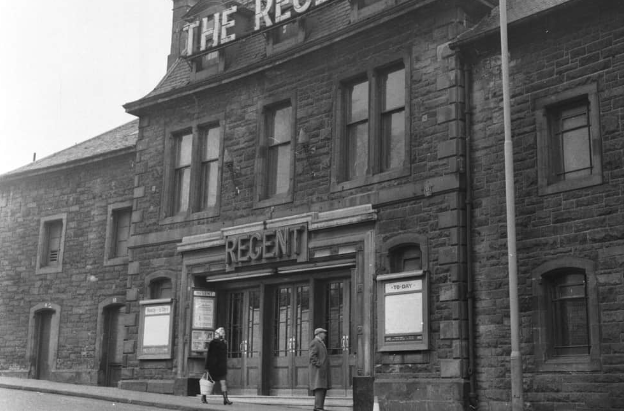
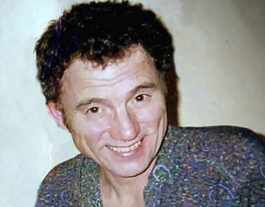
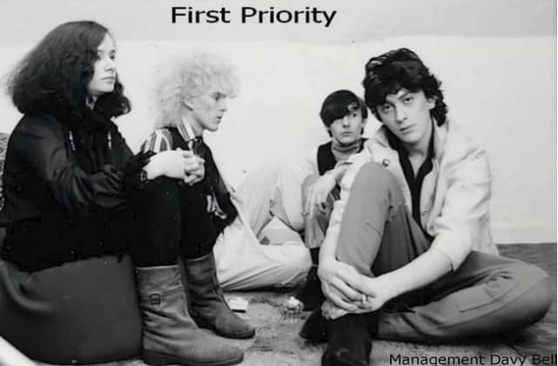
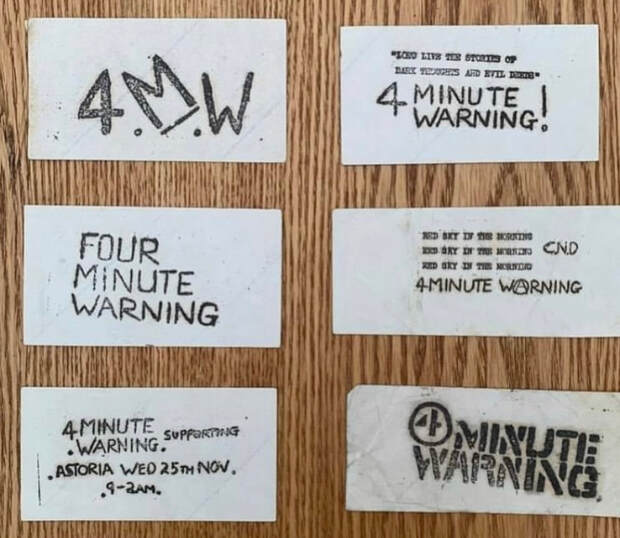
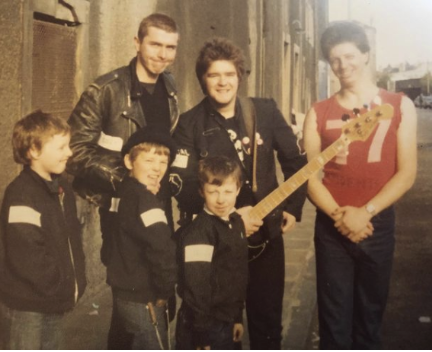
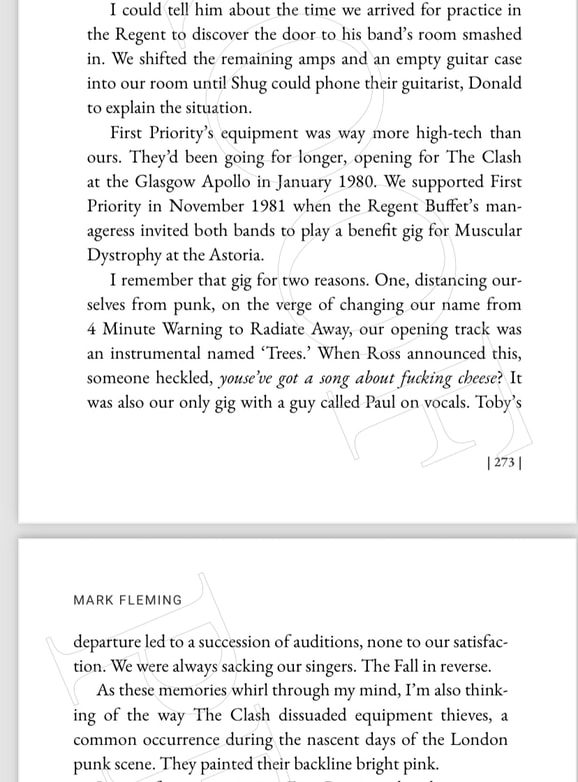
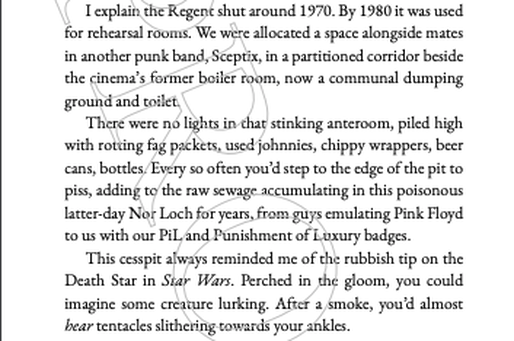
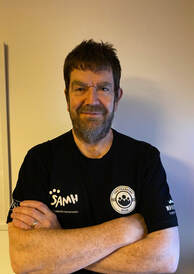
 RSS Feed
RSS Feed
